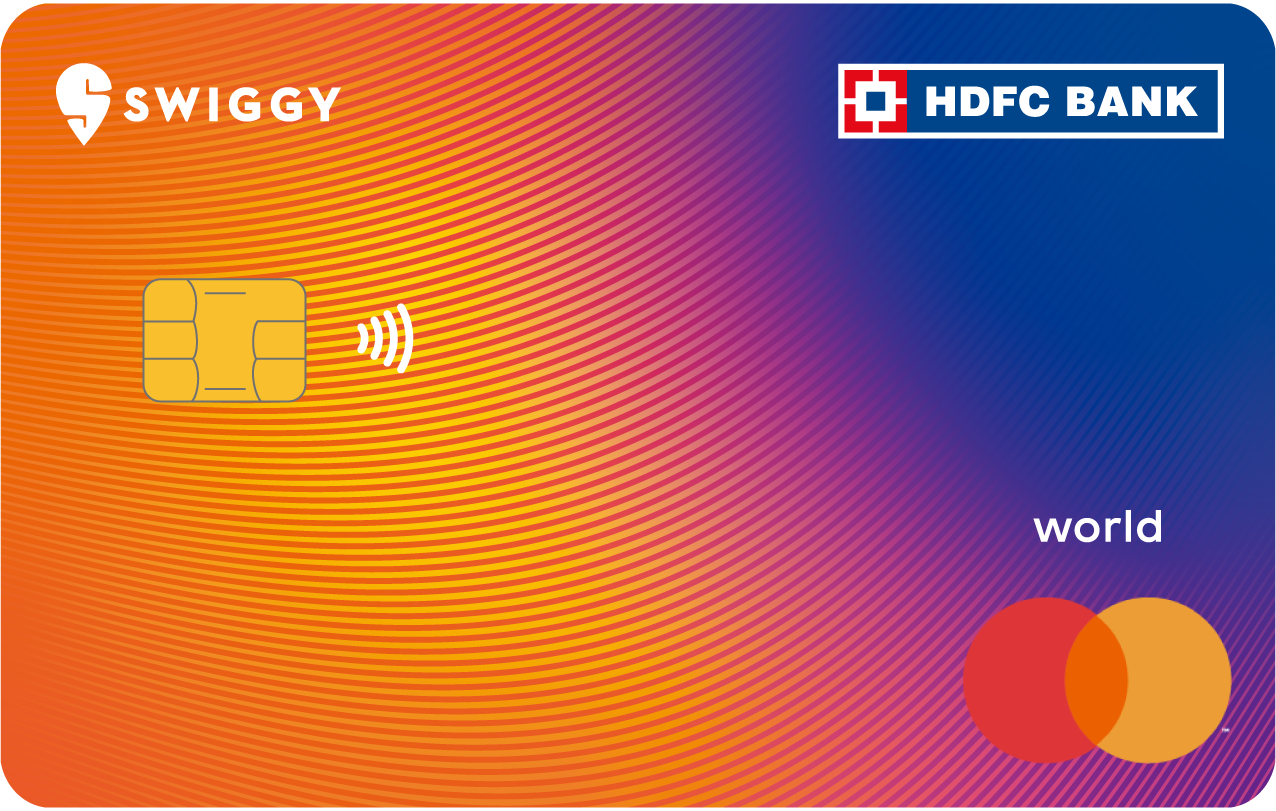Applying for a credit card with a low CIBIL score can be challenging, but there are practical options available. One common method is applying for a secured credit card, which requires depositing a fixed amount as collateral, lowering risk for the lender. This helps build or improve your credit score over time when used responsibly. Banks may also consider your existing relationship with them; having salary or savings accounts and showing stable income boosts chances too. Alternatively, add-on cards linked to family members’ accounts can work if their credit profiles are good. Consistent on-time payments and reducing debts further improve future approval possibilities.
Understanding CIBIL Score and Its Impact on Credit Card Approval
The CIBIL Score is a three-digit number ranging from 300 to 900 that reflects an individual’s credit behavior and repayment history. Lenders use this score to gauge creditworthiness, with scores above 750 generally improving the chances of credit card approval. Banks assess the risk associated with lending by looking at your credit card for low CIBIL Score, which influences not only approval decisions but also the credit limit and interest rates offered. A low score signals higher risk, often leading to rejection or less favorable terms like higher interest rates or lower credit limits. Several factors affect the score, including credit utilization ratio (how much of your available credit you use) and the length of your credit history. Frequent late payments, defaults, new credit inquiries, and multiple credit applications can significantly reduce your score. Since the CIBIL Score updates monthly based on your credit activity, understanding where you stand helps you target credit cards suited to your profile. For example, someone with a low score might consider secured credit cards or those linked to fixed deposits, which lenders view as lower risk compared to unsecured cards. Recognizing how your credit behavior impacts this score is the first step toward navigating credit card approvals effectively.
Minimum CIBIL Score Needed to Apply for a Credit Card
Most unsecured credit cards require a minimum CIBIL score close to 750. Premium or rewards cards often set the bar even higher, typically expecting scores between 750 and 800. Banks use credit risk models to establish eligibility criteria, and a score below 700 frequently results in application denial. However, this does not mean that individuals with low scores have no options. Some banks offer credit cards with relaxed score requirements to select customers, often based on their relationship with the bank or stable income proof. Secured credit cards, which are backed by fixed deposits or collateral, generally do not have strict minimum score requirements and serve as a practical entry point for those with low or no credit history. Additionally, special credit builder or scheme-based cards are designed to accept applicants with low scores to help them build credit over time. Beyond the score, banks also consider factors such as income, employment stability, and existing banking relationships, which can sometimes offset a lower credit score. For applicants with low CIBIL scores, exploring secured cards, add-on cards, or cards linked to salary accounts can improve chances of approval before moving on to unsecured products.
How to Apply for a Secured Credit Card with Low CIBIL Score?
A secured credit card is a practical option if you have a low CIBIL score. This type of card requires you to deposit a Fixed Deposit (FD) with the bank, which acts as collateral. Typically, the credit limit on the card is around 80 to 90 percent of your FD amount. Because the FD reduces the lender’s risk, secured cards have lower eligibility requirements, making them accessible for those with poor credit history. To apply, you need to provide proof of your FD along with basic identity documents. Many FD-backed cards, like the SBI Unnati or ICICI Instant Platinum credit cards, often come with no annual fee or have fees waived initially. Using the card responsibly—making purchases and paying your bill on time—helps build a positive credit history. Your repayment behavior on these cards directly impacts your credit score, helping you gradually improve it. After consistent, responsible use, you can consider applying for unsecured credit cards with better terms in the future.
Using Fixed Deposit to Get a Credit Card with Low Credit
One effective way to get a credit card with a low credit score is by opting for a fixed deposit (FD)-backed credit card. These cards are secured by using your FD as collateral, which lowers the risk for the bank and makes approval easier even if your CIBIL score is low. Banks typically link your credit limit to the value of your FD, often allowing you to borrow up to 80-90% of the deposit amount. This setup means you may not need to provide extensive income proof, making it accessible for those who struggle with traditional credit card requirements.
Importantly, while the credit card is active, your fixed deposit continues to earn interest, so your funds are not lost or locked away without benefit. Using an FD-backed card responsibly and making timely payments can help rebuild or build your credit history over time, improving your chances of qualifying for unsecured cards in the future.
Popular examples of such cards include Kotak811 Dream Different Credit Card and SBM Rupicard, which follow this model. The application process generally involves linking your fixed deposit account to the credit card, allowing the bank to hold the deposit as security. This method provides a practical way to access credit without a strong credit history or high score, making it a smart option for people looking to improve their credit profiles gradually.
Leverage Your Bank Relationship to Improve Approval Chances
Building a long-standing relationship with your bank can significantly improve your chances of getting a credit card approved despite a low CIBIL score. Banks value customers who maintain active salary accounts or savings accounts with consistent transaction activity, as this demonstrates financial stability and discipline beyond just credit scores. For example, if you regularly receive salary credits and keep minimal overdrafts, your bank sees you as a lower risk borrower. Many banks offer personalized credit card schemes to their loyal customers, sometimes waiving certain eligibility criteria like minimum income or credit score requirements. Additionally, having multiple products with the same bank, such as fixed deposits, loans, or recurring deposits, further strengthens your profile. Banks also track customer behavior, including transaction patterns and repayment history on existing products, which can work in your favor. To explore these options, it’s a good idea to connect with your bank’s relationship manager who can provide tailored credit card offers based on your banking history. Moreover, good banking relationships often lead to faster processing and approval times, making this approach practical for those with low credit scores.
Providing Stable Income Proof to Support Your Application
Showing stable income is a key factor when applying for a credit card with a low CIBIL score. Lenders want assurance that you can repay your dues on time, so presenting clear evidence of your income helps reduce their risk. Common documents include salary slips, bank statements, and tax returns. If you have multiple sources of income, such as freelance work or rental income, including those can strengthen your case by demonstrating diverse and steady cash flow. For self-employed individuals, submitting audited financial statements or business financial records adds credibility. Banks often require Form 16 from salaried applicants to verify consistent earnings, while self-employed applicants may need to provide detailed tax filings or profit and loss statements. Importantly, lenders focus more on income stability rather than just the amount, so showing steady or growing income over time improves your chances. Transparent and comprehensive income proof lowers the likelihood of rejection and, combined with other documents, creates a stronger application. Additionally, a higher and reliable income can increase your eligibility for a better credit limit, making it easier to manage your credit responsibly.
Applying for Add-On Credit Cards with Family Members
If you have a low or no CIBIL score, applying for an add-on credit card linked to a family member’s account can be a practical option. Add-on cards are connected to the primary cardholder’s credit card, who must have a good credit history and score. Commonly, spouses, parents, or siblings can act as primary cardholders. Since the primary cardholder is responsible for all payments, banks see less risk, making it easier for the add-on cardholder to gain access to credit without undergoing separate eligibility checks. The spending on add-on cards is reflected in the primary account, so the card limit is set by the primary cardholder, often resulting in more controlled credit usage. While add-on cards may come with fewer perks compared to standalone cards, they help the add-on user build a credit history over time when used responsibly. Additionally, the application process for add-on cards is usually simpler and faster, as the primary cardholder’s creditworthiness backs the account. This approach can be particularly useful for those starting to establish credit or recovering from a low score, as it provides a way to demonstrate responsible credit behavior and gradually improve creditworthiness.
Top Credit Cards Suitable for Low or Poor Credit Scores in India
For those with low or poor credit scores, several credit cards in India offer practical ways to start building credit without the usual strict requirements. Secured credit cards backed by fixed deposits (FD) are common options. The SBI Unnati Credit Card, for example, requires an FD as collateral, carries no annual fee for the first four years, and provides a manageable credit limit to begin credit building. Similarly, the ICICI Instant Platinum Credit Card demands an FD of ₹50,000 or more and offers instant issuance, making it a quick choice for those needing credit access despite a low score. Kotak811 Dream Different Credit Card is another FD-backed card with zero fees, designed to help customers ease into credit usage safely. For salaried individuals, the HDFC Money Back Credit Card offers a salary-based option that helps users build their credit history gradually. IDFC FIRST WoW Credit Card stands out with guaranteed approval and no income proof needed, making it ideal for applicants with little or no credit history. SBM Bank Rupicard also provides an FD-backed credit card without income or credit score checks, lowering barriers for entry. Most of these cards carry lower credit limits than unsecured cards but still offer reasonable benefits like cashback or reward points. They often require linking to a salary or savings account or backing by a fixed deposit, which reduces risk for the bank and opens a pathway to improve credit scores over time when used responsibly.
Tips to Improve Your Credit Score and Build Credit History
Paying all your bills and EMIs on time is essential to avoid late fees and negative marks on your credit report. Consistent, timely payments show lenders you are reliable. Keep your credit utilization below 30% of your available credit limit, as using too much of your credit can signal risk and lower your score. Avoid applying for multiple credit cards or loans in a short period since frequent applications generate hard inquiries that can hurt your score. Maintaining a healthy mix of credit products, such as both secured (like fixed deposit-backed credit cards) and unsecured credit, helps demonstrate your ability to manage different types of debt responsibly. Regularly check your credit report to catch any errors or signs of fraud early; if you find inaccuracies, dispute them promptly with the credit bureaus to prevent unnecessary damage to your score. To build credit gradually, consider taking small personal loans or credit builder loans and make sure to repay them on time. Using secured credit cards responsibly, by keeping balances low and paying off the full amount each month, can help improve your repayment history. Keeping older credit accounts open lengthens your credit history, which positively impacts your score by showing long-term credit management. Avoid taking on sudden large debts; focus on steady, manageable credit growth to build a strong credit profile over time.
Alternative Credit Card Options Without a CIBIL Score
If you have a low or no CIBIL score, several alternative credit card options can help you access credit and build your credit history. secured credit cards are one of the most common choices; these cards require a fixed deposit as collateral, which reduces the lender’s risk and often comes with easier approval. For example, banks like SBI and ICICI offer secured cards backed by fixed deposits with reasonable credit limits. Another option is to apply for add-on cards linked to family members who have good credit scores. These cards allow you to access credit while the primary cardholder remains responsible for payments, making approval more likely.
Some banks provide credit cards based on your salary account relationship, especially if you have a steady income and a good transaction history. ICICI Bank’s credit builder program is an example where they help you establish credit through tailored offerings. Fintech companies have also emerged with guaranteed approval cards that require minimal credit checks, using alternative data like utility bill payments or bank transaction history for their decisions. Digital credit cards linked directly to your bank accounts offer quick issuance with simple documentation.

Mary Burns is a dedicated writer focusing on health and fitness topics. With a passion for promoting wellness and vitality, Mary shares her knowledge and expertise through engaging and informative blog posts.




